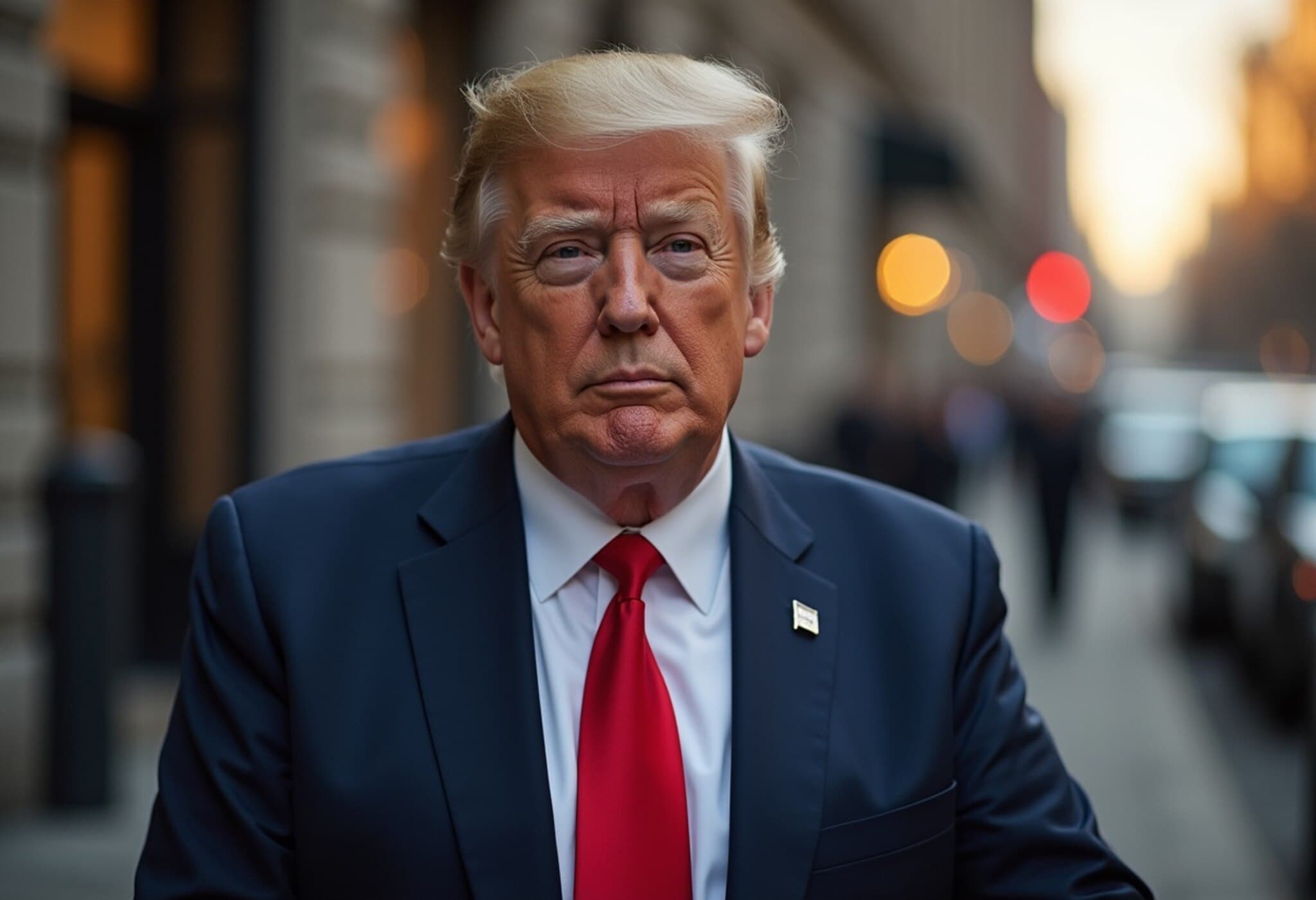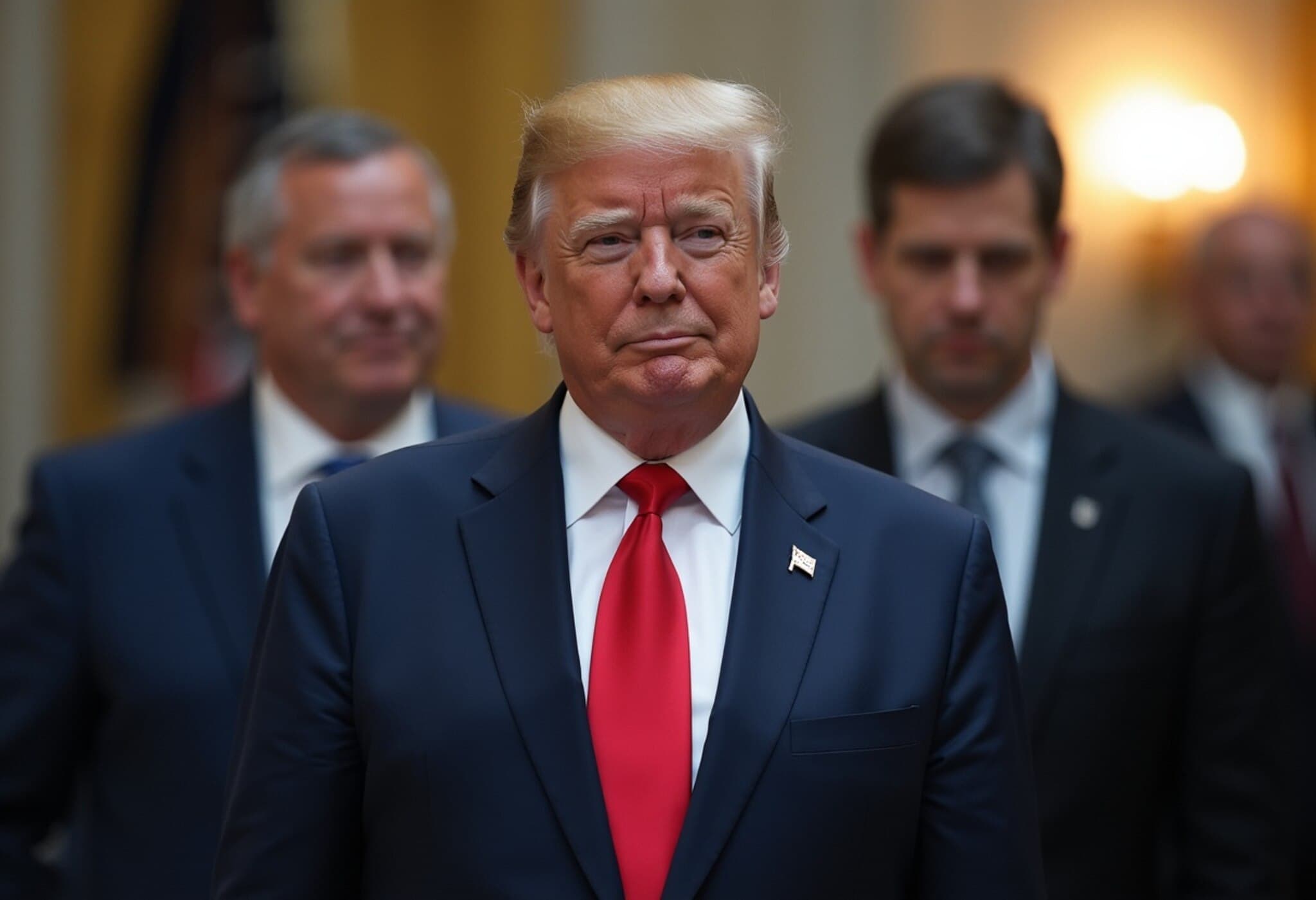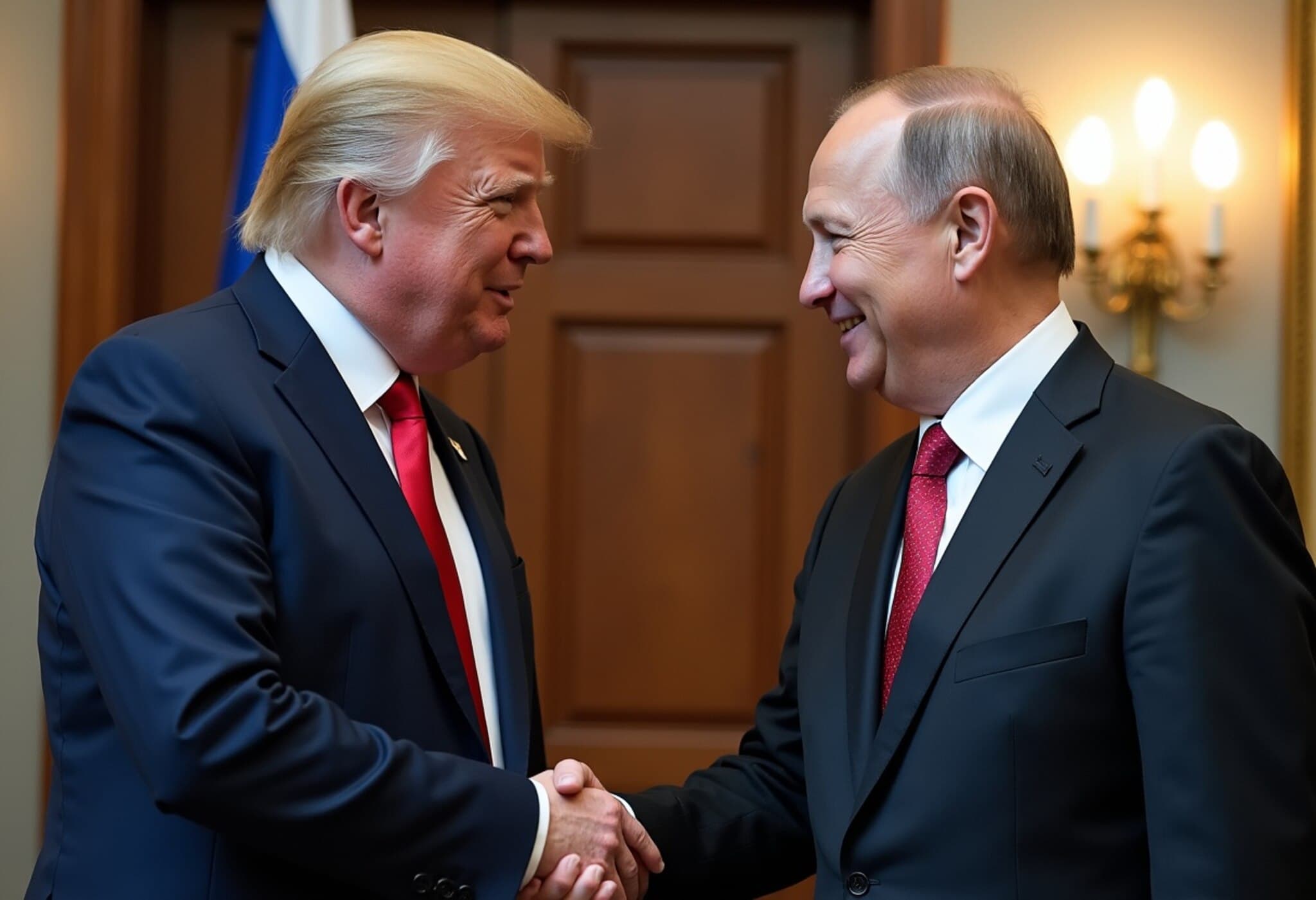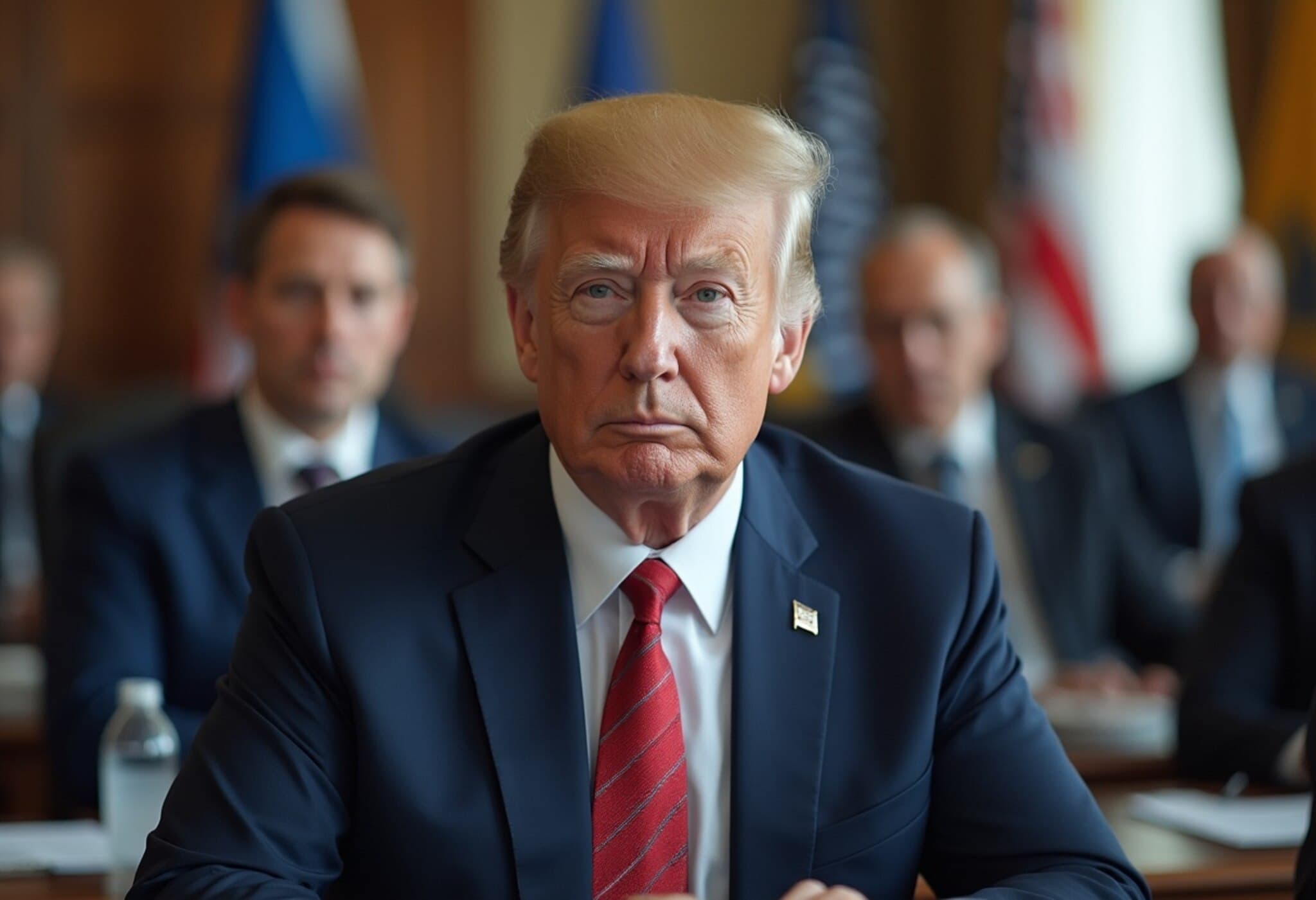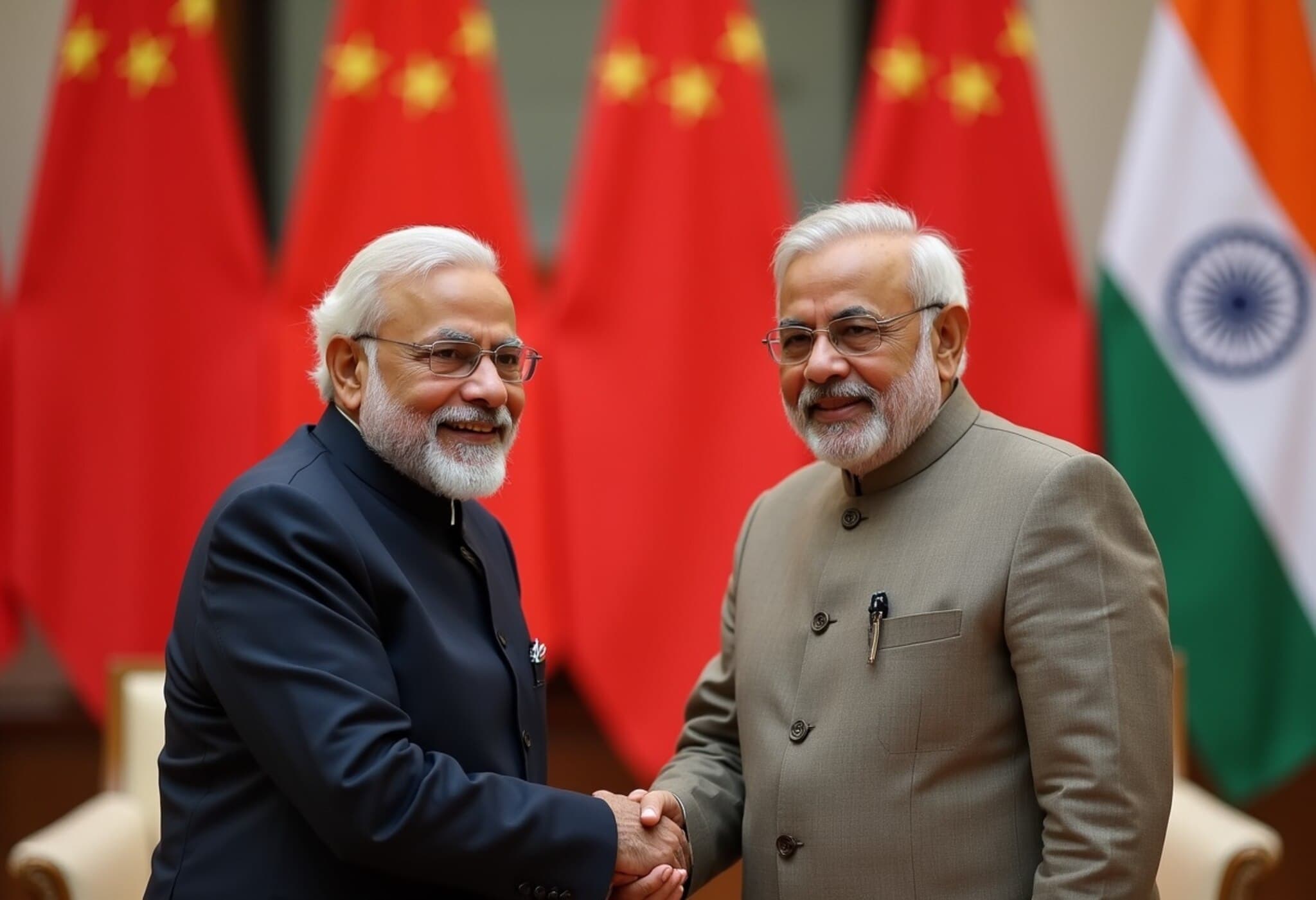France Faces Budget Deadlock Amidst Political Turmoil
France is once again at a political crossroads as disputes over the national budget threaten to upend its government and jeopardize its defense investment commitments. For the second time in two years, Prime Minister François Bayrou's administration confronts a parliamentary impasse that risks government collapse and stalls crucial fiscal reforms.
Clash Over Deficit Reduction Intensifies
The core of the discord centers on how best to rein in France's stubbornly high public deficit, which currently stands at 5.8% of GDP. Bayrou's government — adhering to a plan built around €44 billion ($51 billion) in cuts — seeks to trim public spending by freezing welfare payments, pension adjustments, and tax brackets, alongside proposals to reduce public holidays. These austerity measures reflect a broader push to reduce state debt and secure long-term economic stability.
Yet, sharp divides run deep within the parliament over both the necessity and methods of these fiscal tightening efforts, with opposition parties challenging the government's approach. Tensions have escalated to the point where Bayrou has scheduled a confidence vote on September 8, a high-stakes gamble that could see his minority government fall.
Implications for France's Defense Ambitions
This political turmoil raises pressing questions about France's ability to uphold its defense spending pledges — commitments that are not only nationally significant but also of critical interest to European and NATO security frameworks.
France, as the second-largest global arms exporter, is a linchpin in Europe's defense industry, home to major players like Thales, Dassault Aviation, Safran, and MBDA (owned by Leonardo). These companies have benefited from expectations of increased regional defense budgets fueled by President Emmanuel Macron's call for a European "strategic autonomy" that prioritizes reindustrialization within the continent.
However, with the government under threat and fiscal discipline under scrutiny, economists warn that the ambitious target set by NATO — raising defense spending from 2% to 5% of GDP by 2035 — may be unrealistic. Ana Boata, head of economics research at Allianz Trade, cautioned that fiscal constraints may allow only half the needed consolidation to honor these defense investment goals.
Expert Perspectives on Defense Spending Risks
Salomon Fiedler, an economist at Berenberg, expressed skepticism about France’s ability to stay the course, indicating that the current political instability lowers the priority of defense expenditures across parliamentary factions. "I doubt France will follow through effectively on President Macron’s announced military spending increases," Fiedler noted, emphasizing that fiscal consolidation might take precedence over new defense outlays.
These concerns echo across investment circles, with some analysts highlighting a broader regional dilemma. Dmitrii Ponomarev of VanEck highlighted not only France but also other major European economies such as the U.K. and Italy grappling with high debt levels that challenge their capacity for enhanced defense spending. This dynamic risks sparking "defense washing," where governments announce ambitious military budgets without the fiscal backing to realize them fully.
Broader Economic and Geopolitical Context
The budget uncertainty has tangible market impacts. The French stock index CAC 40 fell 1.6% amidst waning investor confidence, while bond yields soared amid fears of fiscal instability. French economic growth is cautiously slow and burdened by external pressures, such as U.S. tariffs and geopolitical tensions, as explained by Boata.
On the international stage, the EU plans to increase investment in defense and space sectors under its upcoming seven-year budget post-2028. Yet, analysts like Sandeep Rao from Leverage Shares highlight a growing expectation that the EU may increasingly rely on American defense technology due to internal fiscal limitations and trade agreements — potentially undermining Europe's industrial sovereignty.
Such developments suggest looming challenges for European defense autonomy, with prospects of consolidation and increased stakes held by U.S. defense companies across Europe.
Looking Ahead: Political Uncertainty and Defense Futures
If Bayrou’s government falls in the September confidence vote, President Macron faces the choice of appointing another centrist prime minister who would face similar budgetary struggles or calling snap elections that might empower fringe parties and further fragment the parliament. Either scenario portends ongoing fiscal gridlock, complicating France’s ability to meet NATO obligations and drive industrial defense growth.
Moreover, the looming risk of protracted budget stalemates may force the government to resort to special legislative measures to keep spending running, curtailing transparency and potentially eroding public trust.
Editor's Note
France's budget crisis underscores a broader European dilemma: balancing fiscal responsibility with heightened defense ambitions amidst rising geopolitical tensions. As policymakers grapple with austerity measures, the question remains whether Europe's strategic aspirations can align with fiscal realities. For readers and investors alike, the evolving situation calls for close attention to how France and its European partners navigate these intertwined economic and security challenges in the coming months.



